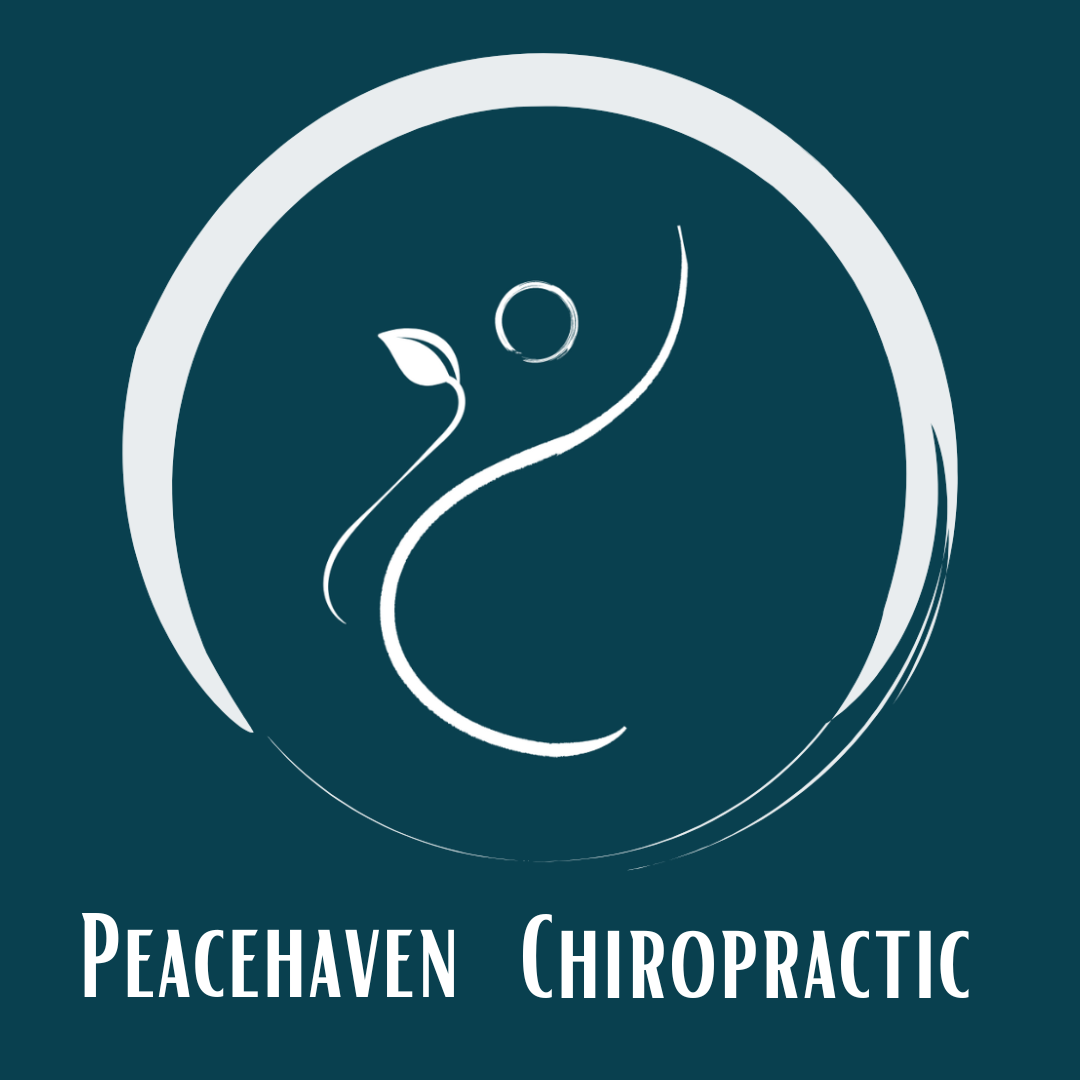What is Vitamin D?
Vitamin D is in the news all the time. We are all deficient, we must supplement one week an then the next headlines about someone who overdosed! Is this really possible? What are we really supposed to do?
Research has shown that taking 60,000 international units (IU) daily for several months can cause this. This is much higher than the recommended daily allowance (RDA) of 600 IU. Unless treating a deficiency these sorts of doses are not advised and should only be taken under the supervision of a doctor, with regular blood tests to check levels for a limited period of time.
Signs and symptoms of Vitamin D Deficiency:
Causes of Vitamin D Deficiency:
What is seasonal affected disorder (SAD):
Seasonal affected disorder (SAD) is a form of depression that often begins in the autumn and continues into the winter months. Symptoms inculde feeling sad, low mood, anxious, fatigued, irritable, concentraion problems and feelings of hopelessness. Although the exact cause is not known studies suggest a lack of sunlight is the cause, as it is more common at higher latitudes and cloudy places. This link to lack of sunlight could potenitally be due to reduced vitamin D production and thus an affect on cognitive function. The other theories include a shift in our bodies biological clock. Less sun affects our ciardian rhythm. Another theory is a change in the balance of neurotransitters in the brain (serotonin and dopamine.) These last 2 theories would both result from a lack of vitamin D.
So what should the average person do!?
As previously discussed the amount of vitamin D your skin makes can be affected by a number of factors. Depending on where you live and your lifestyle will affect vitamin D production. In many it can decrease or be completely absent in the winter months. In the summer months, especially in those who are fairer – sunscreen, whilst important, can also decrease vitamin D production.
With modernisation many now do not get enough regular exposure to sunlight, and older adults also have trouble absorbing vitamin D. Taking vitamin D drops or a multivitamin with vitamin D will likely help improve musculoskeletal health. The recommended daily amount of vitamin D is 400 international units (IU) for children up to age 12 months, 600 IU for ages 1 to 70 years, and 800 IU for people over 70 years.
- Including oily fish and eggs into your diet a few times a week is also advisable and if vegan eating fortified cereals and plant based milks.
- Get yourself out each day and get your face in the sun. We still have the odd sunny day even in the winter! Its important to enjoy them when you can!
 One of our Chiropractors, Rachel enjoying the November sunshine.
One of our Chiropractors, Rachel enjoying the November sunshine.
- Natures life is a great Vitamin D brand. We do not profit from recommending this product in anyway, it just happens to be the one we take ourselves!It is improtant you do not exceed the dose on the product and it is also important to get a Vitamin D3 brand, because vitamin D3 is more easily used in the body to help with calcium absorption.
Reference:
Penckofer, S; Kouba, J; Byrn, M and Estwing Ferrans, C. Vitamin D and Depression: Where is all the Sunshine? Issues Ment Health Nurs. 2010 Jun; 31(6): 385-393.
Contact us today: 01273 584812, email [email protected] or BOOK APPOINTMENT
